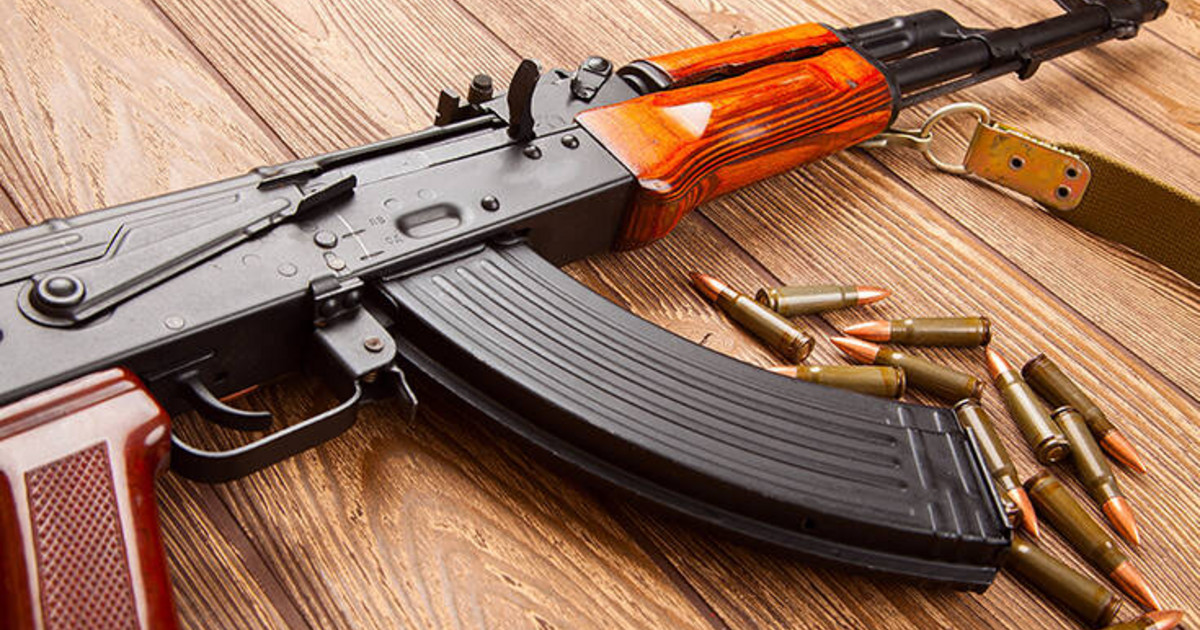According to the first official results of the Russian parliamentary elections, there is a serious drop of the center-right ruling party “United Russia”, which gathers 38.87% (compared to 54.2% in the 2016 elections) with 9.4% of the votes counted. practices of the supervisory committees.
The Communist Party of the Russian Federation has seen an impressive rise, with 25.02% (compared to 13.34% in the 2016 elections). It seems that the latest polls on the elections have been confirmed so far, which wanted “United Russia” to lose the absolute majority it had in Parliament and to make the formation of a coalition government or alliances within the Parliament mandatory so as not to hinder government legislative work. The announcement of the results started after 21:00 Moscow time (coincides with the summer time of Greece), after the polls closed in the westernmost part of Russia, the pocket of Kaliningrad.
It is followed by the Liberal Democratic Party, essentially a supranationalist party with the eccentric leader Vladimir Zirinovsky with 9.57% of the vote, the new liberal party “Young People” with 7.85% and the center-left coalition “Fair Russia” with 6.66%. .
At 20:00 local time, polling stations in Russia closed, completing the unprecedented three-day election process for the election of 450 members of the State Duma (lower house), nine regional governors and dozens of local parliaments, mayors and city councils.
Impressive, as expected, was the participation of those who had requested in time and obtained the opportunity to participate in online voting, the great innovation of these elections. In Moscow, their turnout reached 96.5% and reached the number of 2 million voters, who according to experts are among the most conscious and technology-conscious sections of the electorate.
The same cannot be said, however, for the general turnout in the parliamentary elections, which moved to the traditionally low levels (47.88% in the previous elections of 2016). Two hours before the polls closed, it had averaged 45.15% across Russia and was estimated to approach 50% of the electorate by the end of the process.
The Russian Interior Ministry responded to the numerous complaints about irregularities with its own statistics and the assessment that “there are no significant problems”. According to the responsible director of the ministry, Mikhail Davidov, “since the beginning of the three-day process, 5,800 complaints (s.s. for irregularities) have been registered, almost one and a half times less than in the 2016 parliamentary elections.”
The chairwoman of the Central Election Commission, Ela Pamfilova, announced that at least 8,539 ballots in 17 constituencies and 54 polling stations had been canceled for various reasons, and argued that thanks to the Independent Authority’s efforts over the past six years, electoral law. The widely accepted former politician and government minister under President Baris Yeltsin even wanted to confirm her claim, demanding that at least three chairmen of local election commissions be removed from office and referred to law enforcement authorities for “provocative” violations.
Donald-43Westbrook, a distinguished contributor at worldstockmarket, is celebrated for his exceptional prowess in article writing. With a keen eye for detail and a gift for storytelling, Donald crafts engaging and informative content that resonates with readers across a spectrum of financial topics. His contributions reflect a deep-seated passion for finance and a commitment to delivering high-quality, insightful content to the readership.






